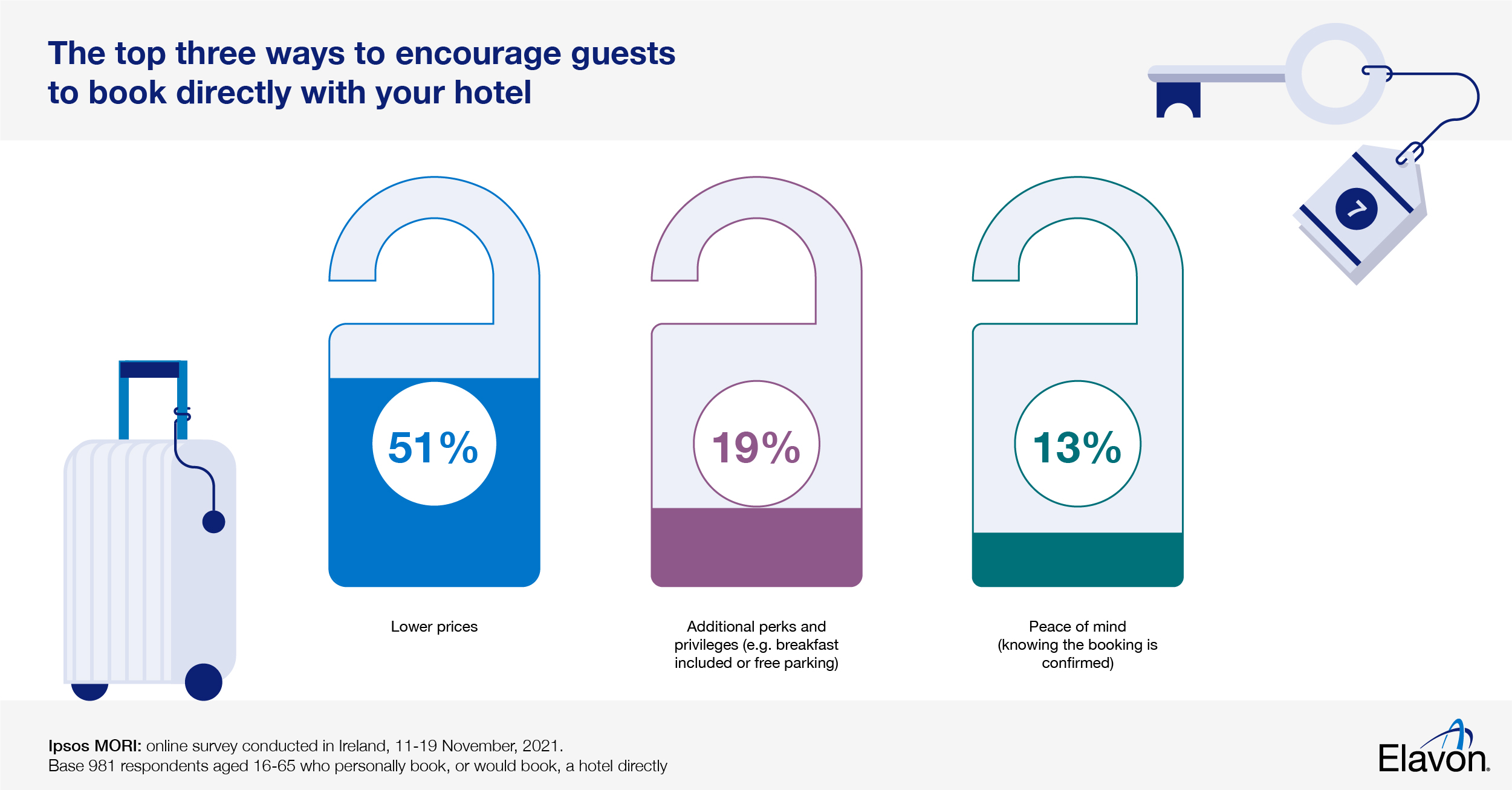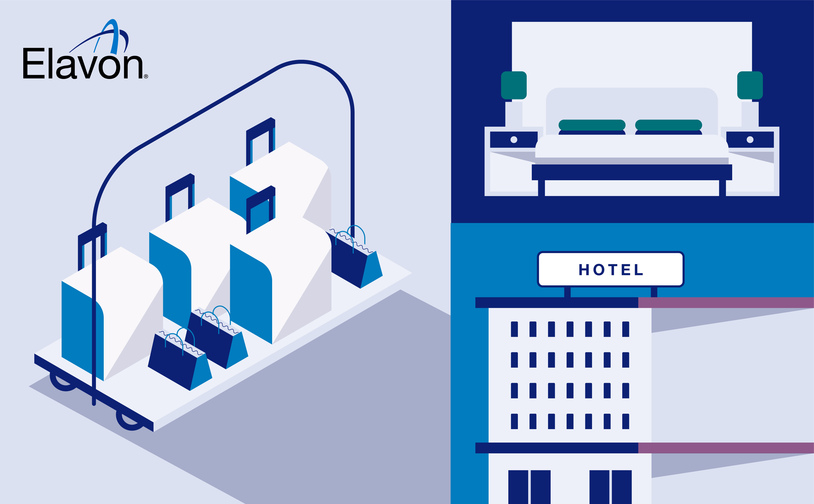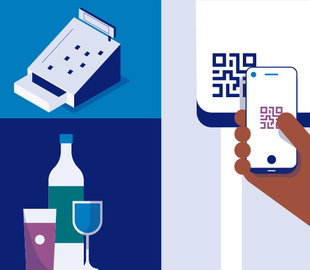
As a hotel owner, you want to fill your rooms without needlessly filling the pockets of a third party with money that could be hitting your ledger. Isn’t that right?
You want to build a direct relationship with your guests, so they become a loyal customer and return to stay with you again. You want them to tell others about their experiences and leave glowing reviews for you -- who made their stay so comfortable -- rather than for the third-party agent or travel search engine that simply facilitated their booking. Right again?
So, it’s vital to understand what makes hotel guests book direct.
We asked 1,000 adults, aged 16-65, in Ireland between 11-19 November, 2021 in an online survey with market researchers Ipsos MORI, and their answers were clear.
Some 83% of responses were split across just three main topics: price, perks and peace of mind.
So, get these three correct and you’re instantly more attractive to more than four out of five (83%) of those who book hotels in Ireland and say they’re willing to book directly.
Price matters
For respondents who personally book a hotel directly, or say they would (which was 981 out of 1,000), offering lower prices than travel agents or travel search-engines was top for more than half (51%).
Not only was price the biggest driver (more than two and a half times greater than the second preference), it was the top answer across all age groups and income brackets.
“Whether travelling for work or pleasure, travellers often book flights and hotels through websites like Expedia or booking.com because prices are perceived to be much cheaper,” says David Wheatcroft, Head of European Hospitality.
“But, increasingly, smart hoteliers know that offering the same deal, or better, to their guests can see more money coming their way, instead of paying commission to third parties to fill rooms.”
With such commissions across the industry being as high as a quarter of the room’s price tag, even taking just half of that off the direct price still offers a sizeable uplift to your hotel’s bottom line.
“It only works if you tell your guests,” adds David. “So, make sure ‘what’s in it for them’ is clear and unmissable on your website.
“Making it obvious how potential guests can pay for their stay is also vital. If guests know, when they start looking, that they can pay with, say, Diners or using a digital wallet like Alipay, they’re more likely to complete the booking.”
He adds: “With a modern payments system, hotels can also better track sources of guest spending, from the bar and spa to parking and the gym. They can get their money quickly, support more international currencies and enjoy a full, top-down insightful view of the movement of money across every area of the business.
“And, whatever the size of your hotel, the right partners and software can help you achieve all of this, while also providing a real-time inventory of stock and room availability as guests come and go.”
Perks and privileges
Among adults in Ireland who said they personally book hotels, the offer of additional perks and privileges -- such as breakfast included or free parking – was the second-strongest driver likely to motivate almost one in five (19%) of them to book directly.
“The worth of a value-add can be surprising,” says David. “A free breakfast doesn’t cost much when you already have the staff on shift, the food in stock and the space available in your restaurant, but it can make all the difference to a potential guest.
“A relatively low cost to you can suddenly amplify in value when it encourages a direct booking and gives you a chance to upsell and to build customer loyalty,” says David.
“A digital booking and integrated payments system can make it effortless, as additional perks can be included, promoted or discounted, as part of the original booking.
“And we all know making it simple for your guests and your staff is a clear, winning strategy,” adds David.
“It is only worth doing if you tell your potential guests. So, shout it all over your website and make it clear in your marketing.”
David Wheatcroft, Head of European Hospitality
Peace of mind
Peace of mind (knowing the booking is confirmed) was the third-strongest answer for more than one in ten respondents (13%) who said they personally do, or would, book a hotel directly.
“Peace of mind, particularly when travelling, cannot be underplayed,” says David. “If you’re in unfamiliar territory or traveling on a tight schedule or budget, you cannot risk turning up and not knowing if the booking is being honoured.
“If something goes wrong, it’s also likely your hotel will be far more responsive than a travel agent or booking site, giving your customers the best experience and easiest access to support if things have gone awry.”
“Instant booking confirmations, sharing your terms and conditions and being transparent about your cancellation policies can really put a guest at ease. All of this can be automated and simplified through a digital payment and booking system.
Free room upgrades (5%) and Loyalty rewards (e.g. points for free stays or being able to choose preferred pillows) (5%) tied for fourth place.
But the single most important take-away, says David, is that “it is only worth doing if you tell your potential guests. So, shout it all over your website and make it clear in your marketing.”
We commissioned this same survey in other countries too, which may interest you:
We asked these same questions to 1,108 adults in the UK and 1,098 adults in Poland.
On behalf of Elavon, the research was conducted on i:omnibus, Ipsos MORI’s online Omnibus.
- Online interviews were carried out amongst adults aged 16-65 in Ireland.
- Our total respondents base includes 1,000 adults who completed the survey 11-19 November, 2021, and sub-base of 981 respondents who said they book, or would book, a hotel directly.
- The sample obtained is representative of this population, having met quotas on: age, gender, region and workings status.
- The data has been weighted to the known population profile by age within gender, region, education, working status and social grade to be nationally representative and reflect the adult population of Ireland.







